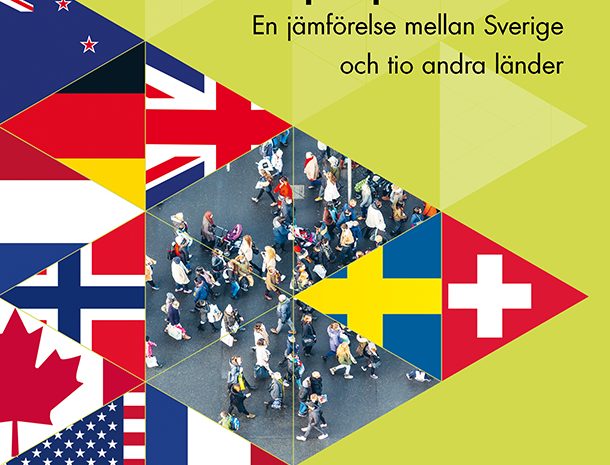Undermeny

International Health Policy Survey 2020
This report presents an analysis of Sweden’s results from the annual Commonwealth Fund International Health Policy Survey (IHP) 2020.

In Sweden, the survey was answered by approximately 2 500 people, randomly selected from the population of citizens 18 years and older. The response rate was around 30 percent. When analyzing the results, it is evident that the response rate is lower in some groups (younger people, people with lower education level, people born outside of Sweden), but we have attempted to compensate for the lower response rate by weighting the responses. The chosen method aims to represent the Swedish population as accurately as possible.
To deepen our understanding of the Swedish results, we used statistical analysis to examine how the results are connected to different socio-economic factors. We used logistic regressions to examine if the answers differ between (for example) different genders, age groups or education levels. We also examined the differences between people with different health status and between those who have a regular doctor/nurse they usually visit for their medical care, and those who do not. We include several different socio-economic and health variables, but there are most likely additional variables not factored into our analysis, which affect the results. We have, for example, no information about prior health care consumption or diagnoses. It is also important to remember that our analysis shows the correlation between different factors, and not causal relationships. The relationships between health care experiences and different socioeconomic factors should therefore be seen as a starting point for further analysis.
This report presents a number of results covering several different areas of health care. We summarize the most important findings, on which we base our conclusions and recommendations. The two questions asked in this report are:
- How do the Swedish results compare to the other countries’ results?
- To what extent can the results be connected to different background factors?
Short summary
The overall findings from IHP 2020 are in line with the results from our 2016 surveys of the general population. The findings can be summarized as follows:
The Swedish results are poor compared to other participating countries when it comes to waiting times, continuity and coordination of care. However, the Swedish population are less likely to abstain from seeking care due to costs. In addition, Swedish respondents report positive experiences with the doctors and nurses when visiting the hospital for care. The Swedish results also show that more patients in Sweden have used digital tools to communicate with their doctor or health care provider.
